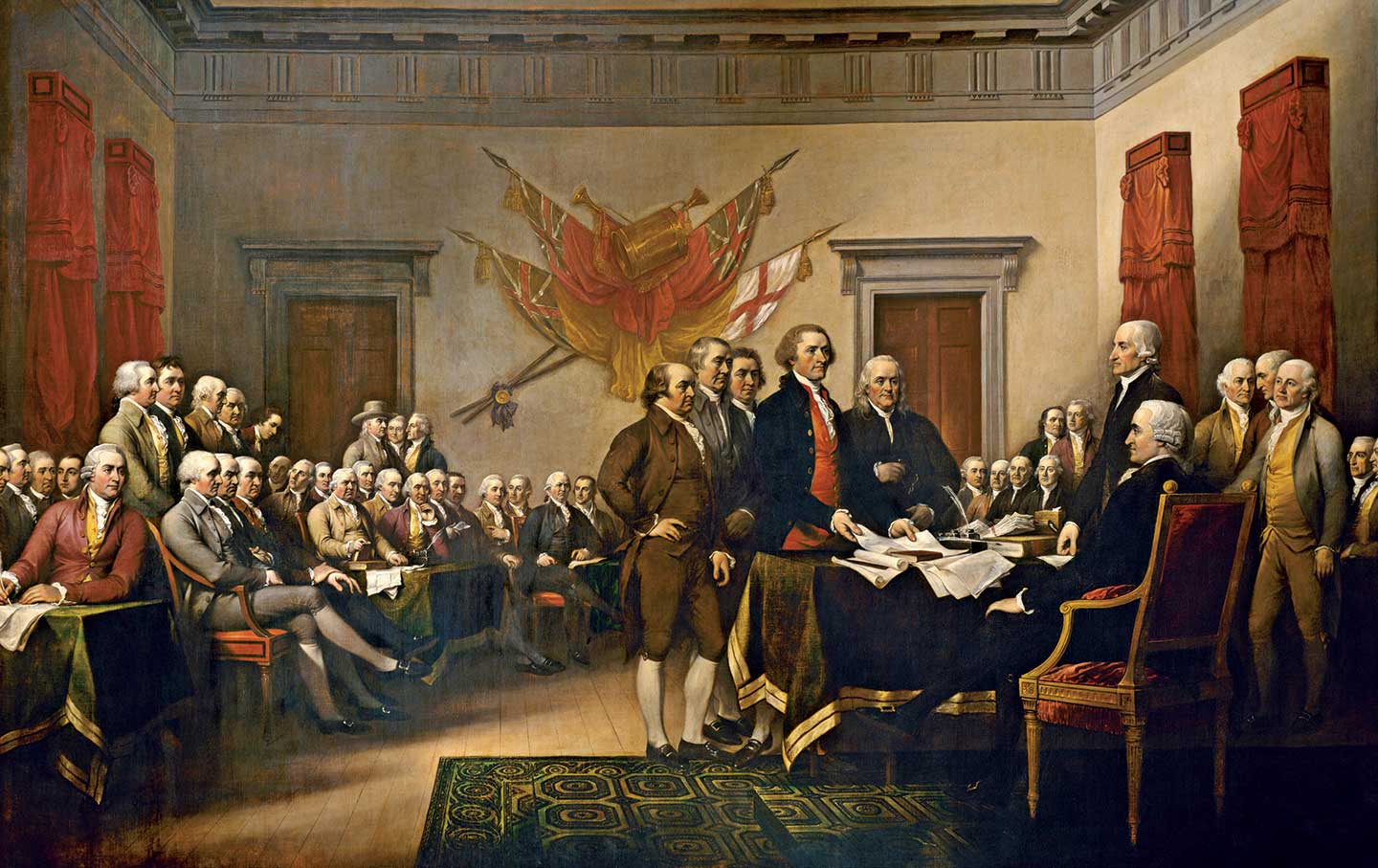Robert Tracy McKenzie is Arthur F. Holmes Chair of Faith and Learning and professor of history at Wheaton College. The following interview revolves around McKenzie’s latest book, We the Fallen People: The Founders and the Future of American Democracy. We the Fallen People: The Founders and the Future of American Democracy: McKenzie, Robert Tracy: 9780830852963
Login to read more
Sign in or create a free account to access Subscriber-only content.
